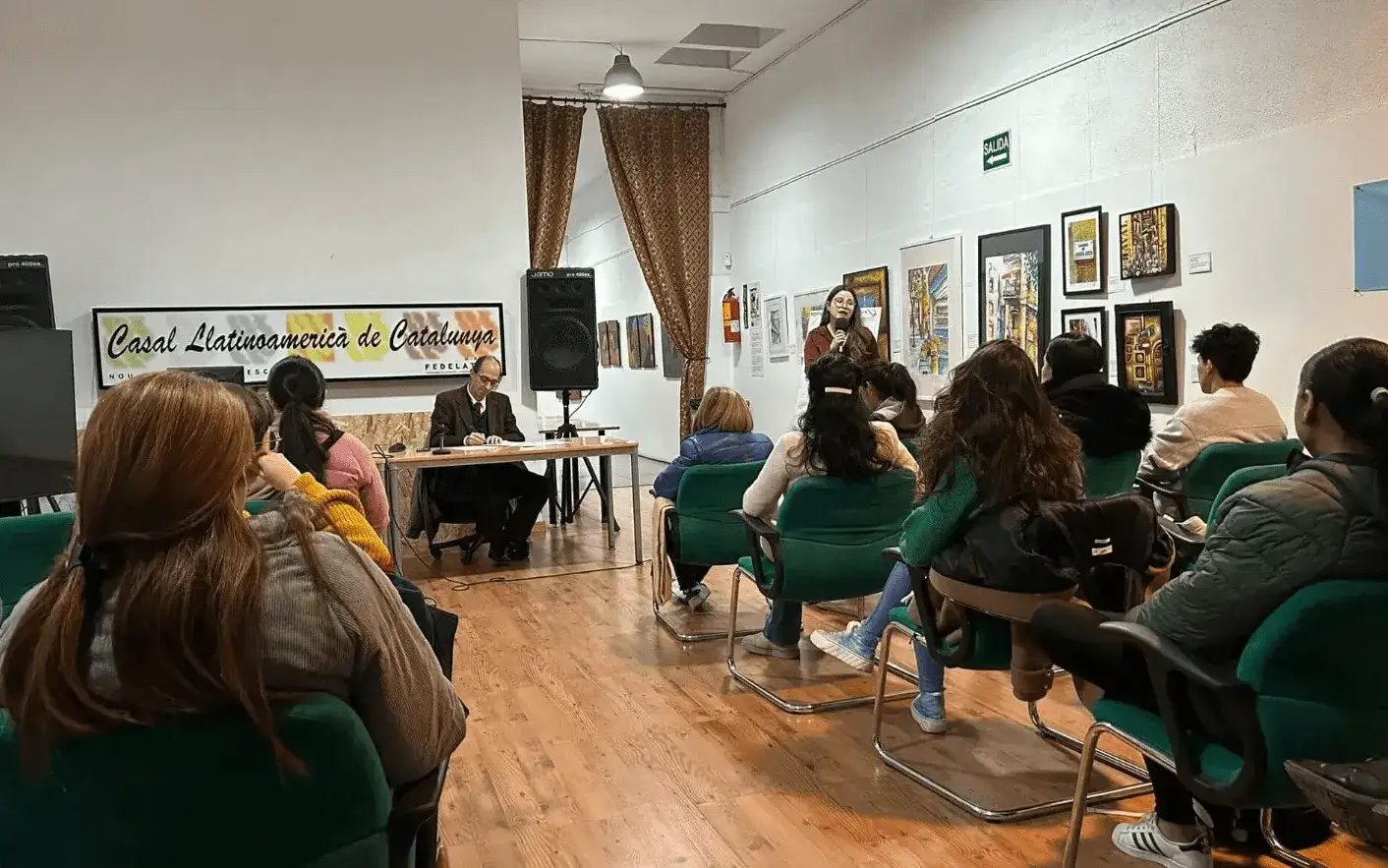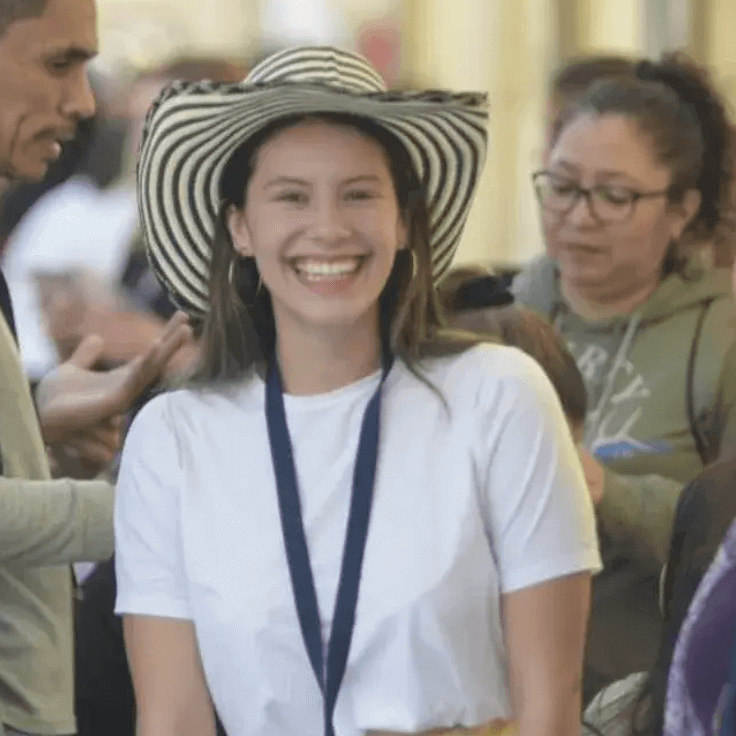
It is not just about celebrating diversity but about guaranteeing the conditions so that everyone can be part of this community on equal terms to complete this project of an inclusive Barcelona.
Arriving in a new city is always a challenge, especially in an environment as diverse as Barcelona. According to the latest data from the City Council, 30% of the city's population is of foreign origin , making it a living mosaic of cultures . While it is true that for newcomers this diversity translates into a scenario full of opportunities, the difficulties they encounter are enormous. Furthermore, we must not forget that starting from scratch means facing the lack of a support network, whether of family or friends. Having enough help can make the difference between living or surviving.
In Barcelona, organizations such as Fedelatina play a fundamental role in this process. Fedelatina is the core of a community formed by 47 Catalan entities of Latin American origin that work together to support social inclusion. And although cultural activities are part of the agenda, as they enrich community life and the Catalan social fabric, its main objective is to support the participation of migrant communities in different areas of social life .
My role as a volunteer has allowed me to collaborate with people of diverse origins in projects that seek to open up opportunities , offering practical tools (orientation and job placement, legal advice in the field of immigration, employment training, language courses, cultural exhibitions, among others) that help migrants or people with a migrant background to be an active part of the city. Despite the efforts of organizations and communities in promoting inclusion, the path to full integration is not without obstacles. Barcelona, even with all its multicultural brilliance, also has its chiaroscuros.
Administrative processes become real labyrinths . In addition, sometimes poor coordination between administrations turns this task into a frustrating puzzle. Regularizing a migration status not only requires great amounts of patience, but also resources that many lack. Those who fail to overcome these barriers are trapped in a web of social exclusion, without access to essential services such as healthcare, formal employment or decent housing. And then there are the prejudices. According to the Observatory of Discrimination in Barcelona , 865 cases of discrimination were registered in 2023 , an alarming increase compared to the previous year. Racism and xenophobia are not abstract concepts for many migrants, but everyday experiences. However, the question arises: how can a city that prides itself on its diversity justify these contradictions? It's not just about celebrating diversity, but about guaranteeing the conditions so that everyone can be part of this community on equal terms to complete this project of an inclusive Barcelona.
Despite the challenges, the Latin American migrant population contributes to the environment that welcomes them. According to data from CCOO de Catalunya, the migrant population plays a crucial role in the economy of Barcelona , especially in sectors such as the hospitality industry, where they represent 60% of workers, in contrast to 4% of employees born in Spain. According to Ángel de la Fuente, executive director of the Foundation for Applied Economics Studies (FEDEA), many migrants already arrive with previous training, which means that they contribute to the system without any investment. This dynamic is a net benefit for the economy, since their participation in the labor market contributes to the sustainability of public services and demographic balance in a society that is facing the challenges of an aging population.
But the contribution is not limited to the economic sphere; they also have a profound impact on the cultural and social fabric . Maintaining customs is not only an act of pride, but a form of identity and resistance. Something that is highlighted by the generations born here, the result of diversity and representing a bridge between cultures. According to the CEU Demographic Observatory, one in four minors in Spain has at least one foreign parent. These young people have grown up articulating different identities: they speak Catalan in the classroom and celebrate family traditions at home. An example of the cultural complexity of our society. It is therefore necessary to recognize diversity not only from its symbolic value, but as a determining factor for social cohesion , especially in cities as heterogeneous as ours. And this cohesion is not possible without the appropriate means, support and resources. It is a collective effort, a commitment to inclusion that we must assume to make Barcelona a home for everyone.



Add new comment